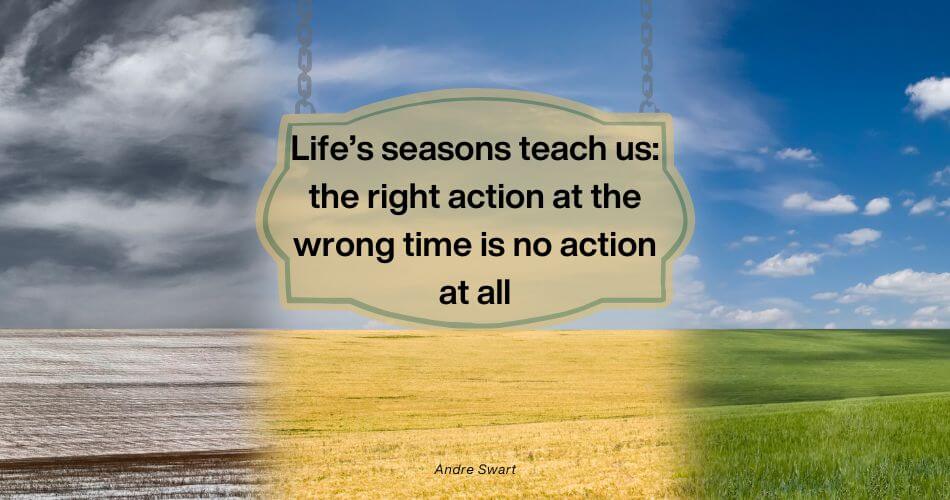Mastering the Wedge of Expectations in Real Estate
Your ultimate guide to navigating the wedge of expectations for consistent success.

The Story of Two Agents
Picture two real estate agents starting their careers. Agent A works only when motivated, while Agent B commits to consistent effort daily, regardless of emotions.
Over time, Agent B builds momentum, gains trust, and achieves sustainable success. Agent A, however, struggles to gain traction, blaming external factors.
The difference? Agent B embraced the Wedge of Expectations, a principle that balances ambition, ethics, and resilience, ensuring steady growth despite challenges.
In this guide, we’ll explore this concept, its practical application, and how integrating biblical principles can foster not only professional success but also personal fulfillment.
Understanding the Wedge of Expectations

What Is the Wedge of Expectations?
The Wedge of Expectations is the deliberate act of aligning your current actions with your future goals, regardless of temporary feelings or setbacks. It emphasizes consistency, ethical behavior, and resilience.
For real estate agents, this principle is transformative:
- It builds trust and credibility through consistent, ethical actions.
- It helps agents maintain momentum, even during tough times.
- It encourages sustainable habits that lead to long-term success.
Why Does It Matter?
Success in real estate is less about monumental breakthroughs and more about daily, incremental progress. As Proverbs 21:5 reminds us, “The plans of the diligent lead surely to abundance.”
By committing to consistent effort, agents avoid the common pitfalls of burnout, procrastination, and unethical shortcuts.
Practical Application for Real Estate Success
Strategies for Consistent Action
- Set Key Parameters: Define daily tasks that are non-negotiable, such as client follow-ups or market analysis. These “wedge actions” ensure progress even on low-energy days.
- Track Progress: Use a journal or app to log completed tasks, creating a visual reminder of your efforts.
- Celebrate Small Wins: Acknowledge achievements, no matter how minor, to stay motivated.
Avoiding Overcommitment
Ambition is a double-edged sword. To avoid burnout:
- Set Realistic Goals: Break larger objectives into manageable steps.
- Practice Time Blocking: Allocate specific times for work, rest, and personal growth.
- Say No: Decline tasks that don’t align with your priorities.
As Ecclesiastes 3:1 teaches, “There is a time for everything.” Recognizing your limits prevents unnecessary stress.
Balancing Ambition and Reality

Recognizing Burnout Warning Signs
Burnout can derail even the most ambitious agent. Common signs include exhaustion, irritability, and lack of motivation. Combat these by:
- Scheduling regular breaks.
- Seeking mentorship or support from peers.
- Incorporating activities that recharge your energy, like exercise or hobbies.
Aligning Daily Tasks with Long-Term Goals
Every task should contribute to your larger vision. Reflect on this alignment weekly and adjust as needed. This keeps you focused on meaningful actions rather than distractions.
Spiritual Guidance for Resilience
Faith as a Source of Strength
During challenging times, spiritual practices such as prayer and meditation can provide clarity and perseverance. Philippians 4:13 reminds us, “I can do all things through Christ who strengthens me.”
Biblical Principles for Ethical Behavior
- Proverbs 11:1: “The Lord detests dishonest scales, but accurate weights find favor with Him.” This underscores the importance of integrity in dealings.
- Romans 5:3-4: Perseverance builds character and hope, reinforcing the value of staying committed to ethical actions, even when it’s difficult.
Incorporating Spiritual Practices
- Start your day with prayer or reflection to set a positive tone.
- Turn to scripture for guidance when facing tough decisions.
- Join a community of like-minded professionals for mutual encouragement.
Avoiding the Pitfalls of Unripe Time

Decision-Making Based on Readiness
Not all opportunities are ripe for action. Evaluate timing by asking:
- Do I have the necessary resources and information?
- Is the market conducive to this decision?
- Am I prepared for the potential consequences?
Examples of When to Act (or Not)
- Act: Following up with a lead showing genuine interest.
- Hold Back: Launching a new marketing campaign without adequate preparation.
Ecclesiastes 3:1 advises, “There is a season for everything,” reminding us to act with discernment.
The Dangerous Precedent: Why Integrity Matters
Fear of setting unsustainable expectations often leads to hesitation. However, consistent ethical actions today lay the foundation for trust and future success.
Avoid fear-based decisions by:
- Prioritizing transparency with clients.
- Setting realistic timelines for deliverables.
- Upholding promises, even when inconvenient.
This commitment to integrity aligns with Isaiah 65:21-22, where stewardship leads to lasting prosperity.
Applying the Wedge of Expectations
Mastering the Wedge of Expectations involves:
- Consistent daily actions, regardless of emotions.
- Balancing ambition with reality to avoid burnout.
- Drawing strength from spiritual guidance and ethical principles.
By embracing this framework, you’ll cultivate momentum, resilience, and trust—qualities that not only drive professional success but also enrich your personal life.
Now’s the time to take action. Begin integrating these principles into your daily routine, and watch as your career transforms into a beacon of consistency, integrity, and growth.
About the Author:
Andre Swart is a seasoned real estate expert and motivational speaker based in Cape Town’s Northern Suburbs. With over 20 years of experience in the industry, Andre is dedicated to helping agents and newcomers thrive by sharing insights rooted in integrity, personal growth, and faith-based principles.
Through his blog, Andre Swart Inspires, he empowers readers to build successful, purpose-driven careers while staying true to their values.
